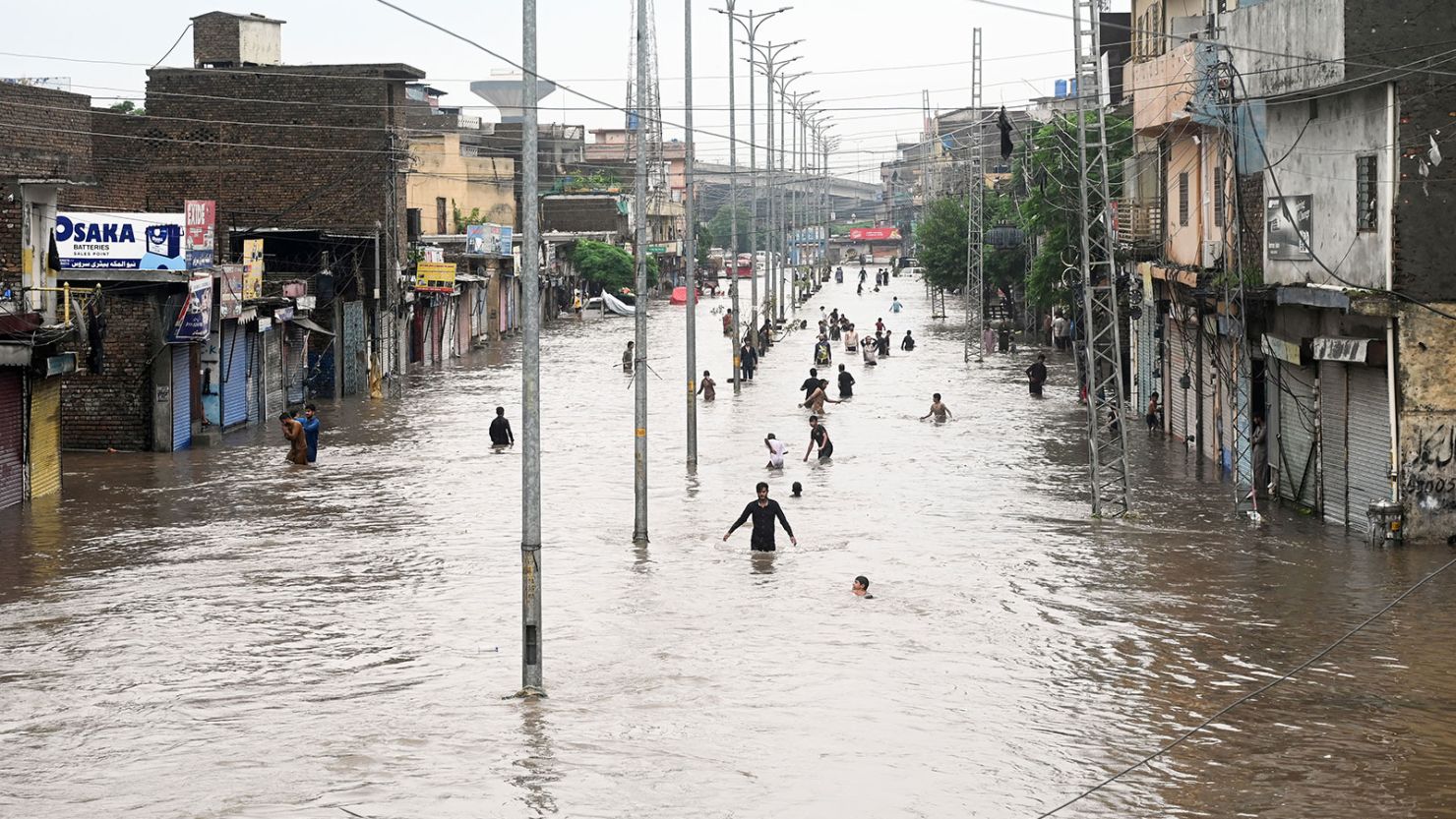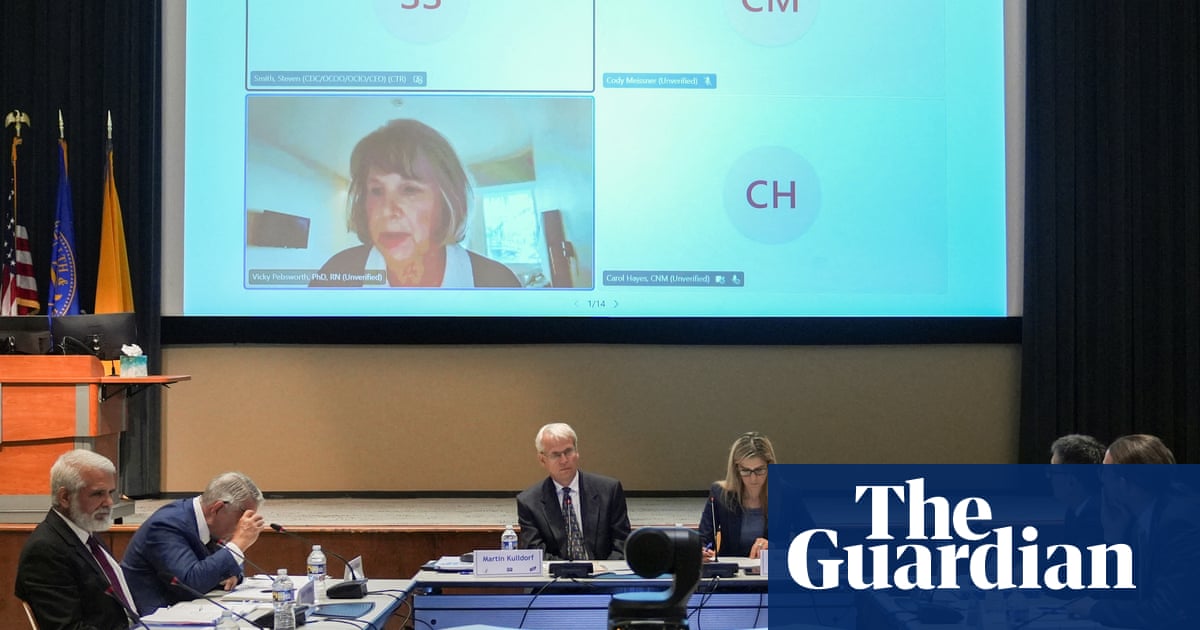Floods in Pakistan Claim Over 170 Lives, Half Children

Relentless flooding in eastern Pakistan has resulted in the deaths of more than 170 individuals, with approximately half of the victims being children. This devastating event highlights the country’s increasing vulnerability to the ongoing climate crisis. According to the National Disaster Management Authority (NDMA), at least 54 deaths occurred within the past 24 hours due to torrential rains that swept through Punjab, the nation’s most populous province. The severe weather has led to the collapse of homes and significant destruction of infrastructure.
The NDMA reports that at least 85 children have lost their lives since flooding began on June 26, 2023. Aid agencies express urgent concerns for children, who are particularly susceptible to drowning and serious illnesses linked to waterborne diseases. In response to the catastrophic conditions, authorities have declared a state of emergency in several districts of Punjab, with military personnel deployed in Rawalpindi to manage rising floodwaters.
Footage released by Punjab’s Disaster Management Authority depicts dramatic rescues, with first responders saving children from submerged areas using inflatable rafts. Heavy rainfall continues to impact Rawalpindi and the capital, Islamabad, with some regions recording over 100 millimeters of rain on Thursday, and forecasts indicate additional rain on Friday.
Residents like Mahar Hammad, a vegetable seller from Sargodha district, have shared their harrowing experiences. Hammad described how the floods have severely affected his livelihood, stating, “I’ve had huge losses. Everything got submerged in water. I’m just a working person – I work all day just to earn 1,000 rupees ($4), and even that now goes into losses.”
In response to the escalating crisis, seven flood relief camps have been established across the country, providing essential resources such as food, water, medical aid, and shelter to those affected.
Pakistan faces significant challenges due to climate change, with the country of over 230 million people frequently experiencing extreme weather events. This includes intense heatwaves and destructive monsoon rains. Senator Sherry Rehman, a former minister for climate and environment, emphasized the gravity of the situation on social media, stating, “This is not just ‘bad weather’ – it’s a symptom of an accelerating climate crisis.” She questioned how many more disasters would need to occur before effective measures are taken to enhance resilience in urban planning.
Earlier this year, persistent heatwaves accelerated glacial melt in northern Pakistan, leading to flash floods. The current monsoon season has rekindled memories of the catastrophic floods in 2022 that resulted in over 1,000 fatalities and displaced millions as a third of the country was submerged. The aftermath of that disaster saw a surge in water-related diseases, particularly among children, with four million children still lacking access to safe drinking water one year later, according to UNICEF.
As the events unfold, the human impact of this disaster continues to grow, underscoring the urgent need for international support and effective climate action to mitigate future risks.






